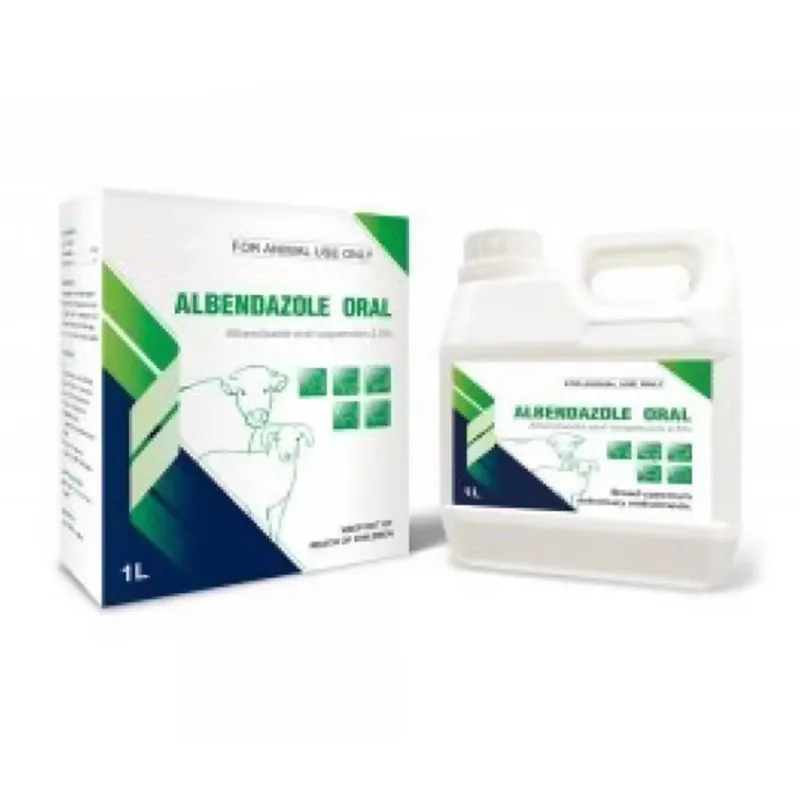- Afrikaans
- Albanian
- Amharic
- Arabic
- Armenian
- Azerbaijani
- Basque
- Belarusian
- Bengali
- Bosnian
- Bulgarian
- Catalan
- Cebuano
- Corsican
- Croatian
- Czech
- Danish
- Dutch
- English
- Esperanto
- Estonian
- Finnish
- French
- Frisian
- Galician
- Georgian
- German
- Greek
- Gujarati
- Haitian Creole
- hausa
- hawaiian
- Hebrew
- Hindi
- Miao
- Hungarian
- Icelandic
- igbo
- Indonesian
- irish
- Italian
- Japanese
- Javanese
- Kannada
- kazakh
- Khmer
- Rwandese
- Korean
- Kurdish
- Kyrgyz
- Lao
- Latin
- Latvian
- Lithuanian
- Luxembourgish
- Macedonian
- Malgashi
- Malay
- Malayalam
- Maltese
- Maori
- Marathi
- Mongolian
- Myanmar
- Nepali
- Norwegian
- Norwegian
- Occitan
- Pashto
- Persian
- Polish
- Portuguese
- Punjabi
- Romanian
- Russian
- Samoan
- Scottish Gaelic
- Serbian
- Sesotho
- Shona
- Sindhi
- Sinhala
- Slovak
- Slovenian
- Somali
- Spanish
- Sundanese
- Swahili
- Swedish
- Tagalog
- Tajik
- Tamil
- Tatar
- Telugu
- Thai
- Turkish
- Turkmen
- Ukrainian
- Urdu
- Uighur
- Uzbek
- Vietnamese
- Welsh
- Bantu
- Yiddish
- Yoruba
- Zulu
11월 . 27, 2024 09:13 Back to list
Effective Treatments for Tapeworms in Dogs – A Comprehensive Guide for Pet Owners
Understanding Tapeworms in Dogs and Their Medication
Tapeworms are a common parasitic infection that affects dogs, and they can lead to various health issues if not treated promptly. These flat, ribbon-like worms reside in the intestines of infected animals and can grow to several feet in length. Understanding tapeworms, their symptoms, transmission, and the medications available for treating this condition is essential for any dog owner.
What Are Tapeworms?
Tapeworms belong to a group of parasites known as cestodes. They attach themselves to the intestinal wall of the host using their scolex, or head. The most common type of tapeworm found in dogs is the *Dipylidium caninum*, which is usually transmitted through fleas. Another prevalent type is the *Echinococcus granulosus*, associated with ingesting contaminated food or water.
How Do Dogs Get Tapeworms?
Dogs typically become infected with tapeworms through one of two main routes
1. Flea Ingestion The most common transmission route for *Dipylidium caninum* is through fleas. When a dog grooms itself and accidentally swallows an infected flea, the tapeworm larvae can develop into adults within the dog's intestines.
2. Contaminated Food or Water In the case of *Echinococcus* species, dogs may ingest the tapeworm eggs from contaminated food, water, or feces.
Symptoms of Tapeworm Infection
Many dogs with tapeworm infections show minimal symptoms, but some signs can indicate a problem
- Weight Loss Despite a normal appetite, infected dogs may lose weight due to nutrient absorption issues. - Scooting Dogs may drag their rear end along the ground in an attempt to relieve itching or discomfort caused by tapeworm segments. - Visible Segments Tapeworm segments, resembling grains of rice, may be observed in the dog’s feces or around its anus. - Vomiting Occasionally, dogs may vomit, and tapeworms might be seen in the vomit.
dog tapeworm medication

Diagnosis
If you suspect that your dog has a tapeworm infection, a visit to the veterinarian is essential. The veterinarian will perform a fecal examination to look for tapeworm segments or eggs. In some cases, imaging studies may be required to assess the extent of the infection.
Treatment Options
Fortunately, treating tapeworms in dogs is straightforward and effective. The primary medications used to kill tapeworms are known as anthelmintics. Some of the most commonly prescribed medications include
- Praziquantel This medication works by causing the tapeworms to detach from the intestinal walls, allowing them to be expelled through the dog’s feces. - Fenbendazole This broad-spectrum antiparasitic is effective against various types of worms, including tapeworms. - Pyrantel Pamoate Though not as effective against all tapeworm species, it may work in conjunction with other medications.
Dogs typically respond well to treatment, and signs of infection usually resolve within a few days. In some cases, a follow-up fecal examination may be recommended to ensure that the infestation has been completely eradicated.
Prevention
Preventing tapeworm infections primarily involves controlling flea populations and ensuring that your dog does not ingest contaminated food or water. Regular veterinary checkups, appropriate vaccinations, and administering veterinary-approved flea prevention products can significantly reduce the risk of tapeworm infections.
Additionally, maintaining a clean living environment, promptly disposing of dog feces, and supervising your dog during outdoor activities will help keep these parasites at bay.
Conclusion
Tapeworms are a serious condition that can affect dogs, but with proper awareness and prompt treatment, they can be effectively managed. By understanding the transmission routes, symptoms, and treatment options available, dog owners can take proactive steps to ensure the health and well-being of their furry companions. Regular vet visits and preventive measures will aid in keeping tapeworms at bay, allowing for happy and healthy lives for our beloved pets.
-
Guide to Oxytetracycline Injection
NewsMar.27,2025
-
Guide to Colistin Sulphate
NewsMar.27,2025
-
Gentamicin Sulfate: Uses, Price, And Key Information
NewsMar.27,2025
-
Enrofloxacin Injection: Uses, Price, And Supplier Information
NewsMar.27,2025
-
Dexamethasone Sodium Phosphate Injection: Uses, Price, And Key Information
NewsMar.27,2025
-
Albendazole Tablet: Uses, Dosage, Cost, And Key Information
NewsMar.27,2025













